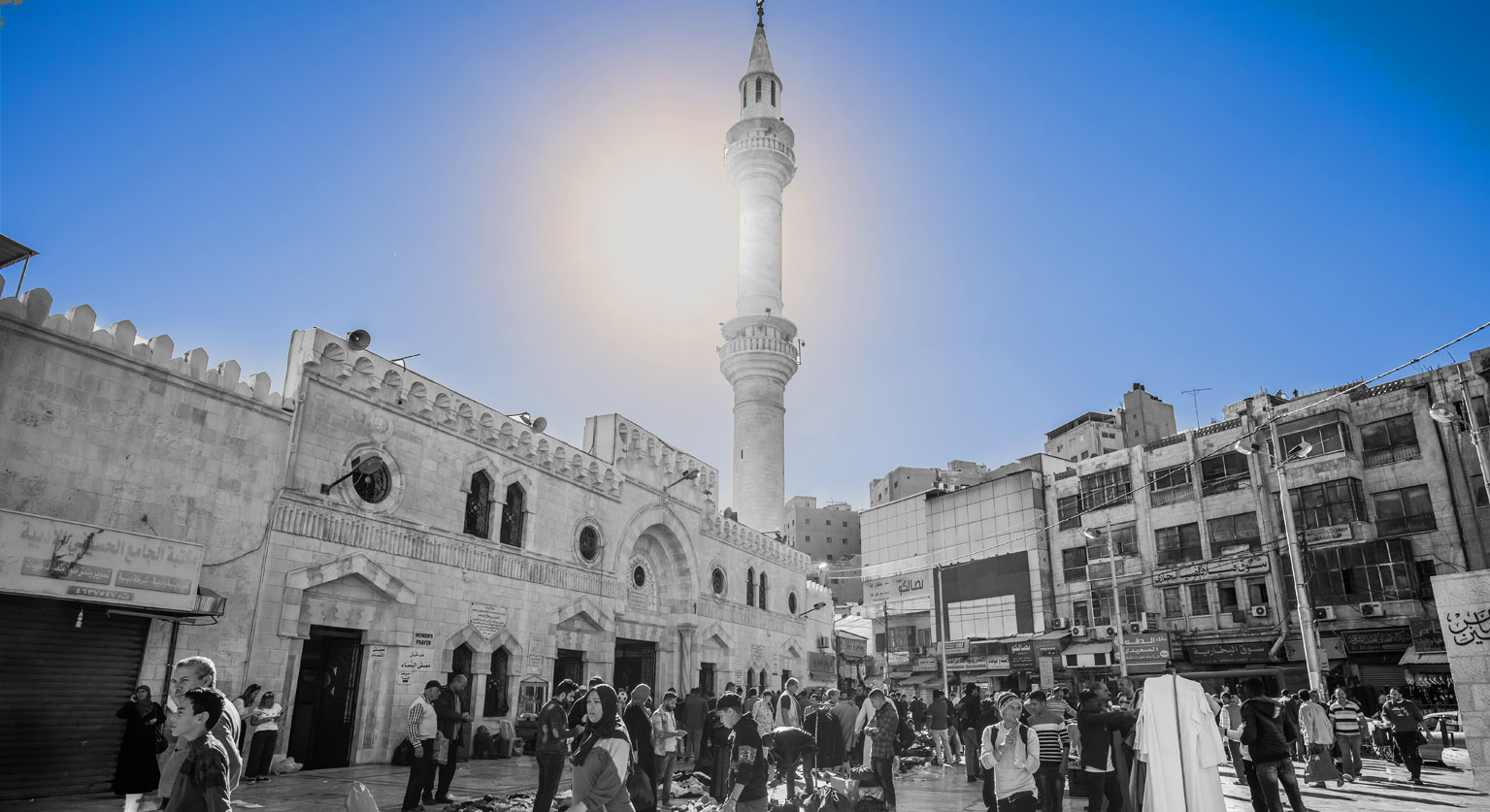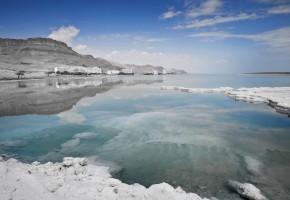
Hala Murad
Jordan's human rights record through the UPR - Hala Murad
For the fourth time, Jordan was up for the Universal Periodic Review (UPR) Mechanism on January 25, 2024, in its forty-fifth session held by the Human Rights Council (HRC) in Geneva. The head of the Permanent Mission in Geneva led the Jordanian delegation. It also included representatives of the Office of the General Coordinator of the Government for Human Rights in the Prime Minister's Office, the Ministry of Foreign Affairs, the Ministry of Labor, the Ministry of Justice, the Department of the Chief Justice, the Ministry of Social Development, the National Committee for Women, and the National Center for Human Rights. Furthermore, civil society organizations participated widely through their three alliances: Jordanian Civil Coalition for International Mechanisms - Hima, Development Alliance, and National Alliance. Earlier, the Insan Coalition had decided to withdraw from participation in the current UPR in protest against "the double standards" of countries in dealing with the war of aggression on Gaza in terms of humanitarian and human rights.
In its opening speech, the Jordanian delegation's statement affirmed Jordan's keenness to advance human rights at the national level and its commitment to the 2018 recommendations of the HRC on Jordan's third UPR. At the time, it accepted 149 recommendations out of 226. However, as civil society organizations, we stress that there is no clear way to measure progress or monitor the implementation of previous recommendations.
The opening statement also referred to Jordan's active participation in international human rights mechanisms. The country submitted its sixth periodic report on the Convention on the Rights of the Child in 2023, and the fourth periodic report shall be sent to the Committee against Torture this year, 2024. Since 2006, it has also shown strong cooperation with special rapporteurs through an open invitation. The opening statement highlighted the legislative progress in the political environment after adopting the law on Parties and the electoral law, as recommended by the Political Modernization Committee in 2021. The speaker mentioned many developments on the social and economic level. He explained to the countries present the significant challenges facing Jordan due to the refugee crisis. The country hosts more than 4 million refugees, equivalent to more than two-thirds of its population. He stressed the international community's lack of support for such efforts, increasing pressure on resources and infrastructure. Jordan is also facing the consequences of climate change. In conclusion, the statement referred to the ongoing challenge related to the illegal occupation of Palestinian territories and called for an end to the occupation and the aggression on Gaza and the pursuit of lasting security.
Jordan received 279 recommendations from 101 countries during the interactive session. They included the need to strengthen the environment and system of freedom of opinion and expression, continue to work on the rights and protection of minorities, improve the education system, address domestic and sexual violence, promote women's rights, work to combat discrimination, especially for vulnerable and less fortunate groups, and continue to promote the rights of refugees and migrants. Other recommendations were related to the moratorium on the death penalty, combating torture, the right to development, and environmental rights.
At close analysis, the weight of this session's recommendations fell on promoting the rights of the most vulnerable groups of women, children, and people with disabilities. The freedom of opinion and expression was also highlighted, especially after adopting the highly controversial Cybercrime Law in August 2023, which imposed restrictions on the freedom of opinion and expression. Thus, many recommendations emphasized the need to review the law and reach a formula compatible with international conventions. The above rights constituted 78% of the total recommendations. The remaining 22 focused on the rights of workers, migrants, and refugees. Furthermore, they stressed the right to development and the environment, strengthening the capacity of the judiciary, addressing domestic violence, prohibition of all forms of slavery, including human trafficking, and the rights of civil society institutions. Finally, the right to health received only three recommendations, 1% of the total, pointing to the absence of discussions on the impact of COVID-19 in the human rights community.
Despite the noticeable increase in the number of recommending countries and recommendations from the previous sessions, the recommendations were primarily dominated by generalities and broad, making them difficult to follow up, monitor their implementation, and apply accountability. However, the progress made by civil society was evident, and it played a vital role in the current review, with more than 60 statements from civil society and media organizations, including 21 joint submissions. Jordanian civil society presented a comprehensive picture at the UPR. It held numerous coordination sessions with the government and between coalitions, confirming its aspiration to reach an institutionalized national framework to implement recommendations and work on binding and non-binding international human rights mechanisms. It does not consider this type of work seasonal to be conducted right before the UPR. Civil society in Jordan has many experiences that can enhance the national human rights process through a comprehensive approach that seeks to develop practices, not just legislative frameworks, in a unilateral path. The importance of the current opportunity provided by the UPR must be stressed, as it allows us to move forward with actual and constructive reforms that respond to national civil aspirations and international recommendations.
In this regard, civil society organizations, which have begun to expand towards integrating more human rights work in the development and environmental fields, have started to reap the fruits of their efforts. In the previous Third UPR session, Jordan received only two general recommendations on sustainable development and climate change. The first was on implementing the sustainable development agenda—the second covered measures to mitigate climate change. However, Jordan received 13 direct development and environmental recommendations in the current session. They centered on climate action and including women and youth in decision-making processes on climate change. The question of waste received particular attention, and a recommendation stressed the importance of strengthening the state's capacity in waste management for environmental sustainability, maintaining public health, ensuring that ecological and environmental concerns are taken into account, taking measures to increase employment opportunities within the framework of the sustainable development economy, and strengthening the capacities of children and youth and supporting their participation in decision-making processes related to the environment.
Environmental and sustainability issues are beginning to occupy a clear space on the human rights agenda of countries worldwide. However, the biggest challenge remains involving more active civil society institutions in environmental and sustainability issues and translating previous recommendations into measurable ones. Their follow-up and accountability could be achieved through adopting an ecological human rights matrix in a participatory approach between the government, civil society institutions, and activists. However, although they mention actual issues, the session's recommendations could have been more specific, addressing actual legislation or government mechanisms and directed to one of the three authorities, as environmental and climate justice continue to face many legislative, judicial, and executive obstacles.
Nevertheless, civil society in Jordan will continue to engage in human rights monitoring mechanisms for enhancing accountability and continue to advocate at national, regional, and international levels for advancing the full enjoyment of human rights by all without discrimination.
Hala Murad
Recent publications



